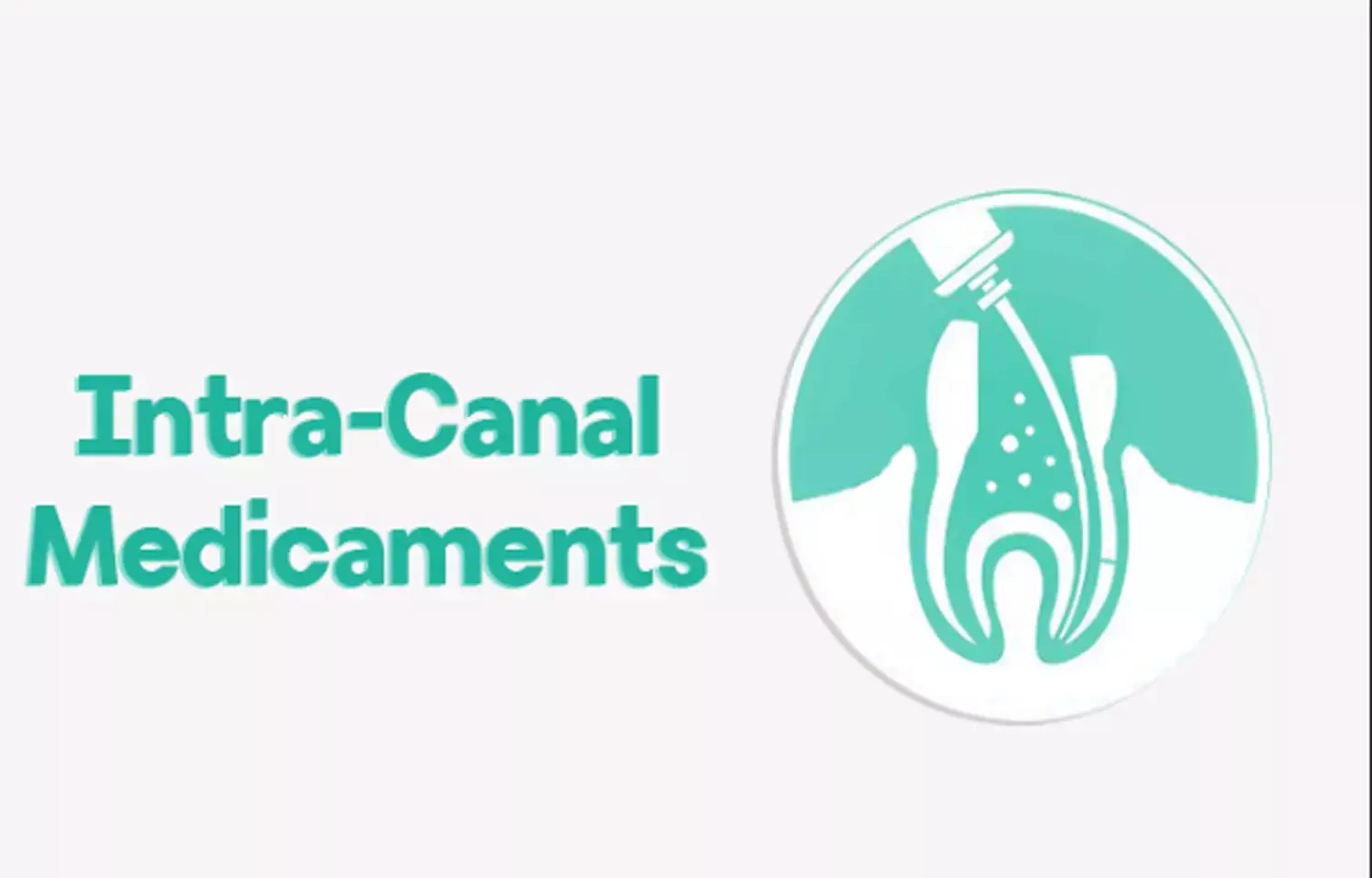- Home
- Medical news & Guidelines
- Anesthesiology
- Cardiology and CTVS
- Critical Care
- Dentistry
- Dermatology
- Diabetes and Endocrinology
- ENT
- Gastroenterology
- Medicine
- Nephrology
- Neurology
- Obstretics-Gynaecology
- Oncology
- Ophthalmology
- Orthopaedics
- Pediatrics-Neonatology
- Psychiatry
- Pulmonology
- Radiology
- Surgery
- Urology
- Laboratory Medicine
- Diet
- Nursing
- Paramedical
- Physiotherapy
- Health news
- Fact Check
- Bone Health Fact Check
- Brain Health Fact Check
- Cancer Related Fact Check
- Child Care Fact Check
- Dental and oral health fact check
- Diabetes and metabolic health fact check
- Diet and Nutrition Fact Check
- Eye and ENT Care Fact Check
- Fitness fact check
- Gut health fact check
- Heart health fact check
- Kidney health fact check
- Medical education fact check
- Men's health fact check
- Respiratory fact check
- Skin and hair care fact check
- Vaccine and Immunization fact check
- Women's health fact check
- AYUSH
- State News
- Andaman and Nicobar Islands
- Andhra Pradesh
- Arunachal Pradesh
- Assam
- Bihar
- Chandigarh
- Chattisgarh
- Dadra and Nagar Haveli
- Daman and Diu
- Delhi
- Goa
- Gujarat
- Haryana
- Himachal Pradesh
- Jammu & Kashmir
- Jharkhand
- Karnataka
- Kerala
- Ladakh
- Lakshadweep
- Madhya Pradesh
- Maharashtra
- Manipur
- Meghalaya
- Mizoram
- Nagaland
- Odisha
- Puducherry
- Punjab
- Rajasthan
- Sikkim
- Tamil Nadu
- Telangana
- Tripura
- Uttar Pradesh
- Uttrakhand
- West Bengal
- Medical Education
- Industry
Calcium hydroxide reduces endotoxin levels as intra-canal medicament, Finds study

Researchers have found that calcium hydroxide serves as an excellent intracanal medicament in root canal treatments as it reduces endotoxin levels and relieves inter- appointment pain, according to the study published in the Journal of Endodontics.
Calcium hydroxide (Ca (OH)2) has been widely used in endodontics as an intracanal medicament to eliminate the remaining microorganisms after chemo-mechanical preparation. Its biological properties such as antimicrobial activity, tissue-dissolving ability, inhibition of tooth resorption, and hard tissue formation have been thoroughly investigated, and its wide use in root canal treatment has been associated with peri-radicular healing and few adverse reactions.
Hence, Natalia Rocha Bedran and associates from the Department of Pediatric Dentistry and Orthodontics, School of Dentistry, Universidade Federal do Rio de Janeiro, Rio de Janeiro, Brazil conducted the present study with the sole purpose to evaluate the potential of endotoxin reduction by comparing the number of lipopolysaccharides (LPSs) before and after the use of calcium hydroxide (Ca [OH] 2) as intracanal medication (ICM). They included nine studies in the qualitative synthesis and 7 in the meta-analysis.
Clinical and experimental studies comparing the amount of LPSs before and after the use of Ca (OH) 2 as ICM in infected root canals were included. Meta-analysis was conducted by subgrouping according to Ca (OH) 2, the presence of an antimicrobial substance (AS), irrigant solution during chemo-mechanical preparation (CMP), and the incidence of LPS reduction.
The authors formulated that overall, Ca (OH) 2 reduced the mean LPSs both, before and after CMP. Also, among the irrigating solutions, the overall results showed a reduction before and after CMP implying that the analyses presented very low certainty of the evidence, they noted. Hence, the researchers highlighted the fact that the incidence of LPS reduction was 98.9% and 61.7% for Ca (OH) 2 with and without AS, respectively.
Finally, the investigators concluded that "Ca (OH) 2 reduces endotoxin levels when used as ICM but is unable to eliminate LPSs completely independent of the irrigating solution used with very low certainty of evidence."
Dr. Nandita Mohan is a practicing pediatric dentist with more than 5 years of clinical work experience. Along with this, she is equally interested in keeping herself up to date about the latest developments in the field of medicine and dentistry which is the driving force for her to be in association with Medical Dialogues. She also has her name attached with many publications; both national and international. She has pursued her BDS from Rajiv Gandhi University of Health Sciences, Bangalore and later went to enter her dream specialty (MDS) in the Department of Pedodontics and Preventive Dentistry from Pt. B.D. Sharma University of Health Sciences. Through all the years of experience, her core interest in learning something new has never stopped. She can be contacted at editorial@medicaldialogues.in. Contact no. 011-43720751
Dr Kamal Kant Kohli-MBBS, DTCD- a chest specialist with more than 30 years of practice and a flair for writing clinical articles, Dr Kamal Kant Kohli joined Medical Dialogues as a Chief Editor of Medical News. Besides writing articles, as an editor, he proofreads and verifies all the medical content published on Medical Dialogues including those coming from journals, studies,medical conferences,guidelines etc. Email: drkohli@medicaldialogues.in. Contact no. 011-43720751


